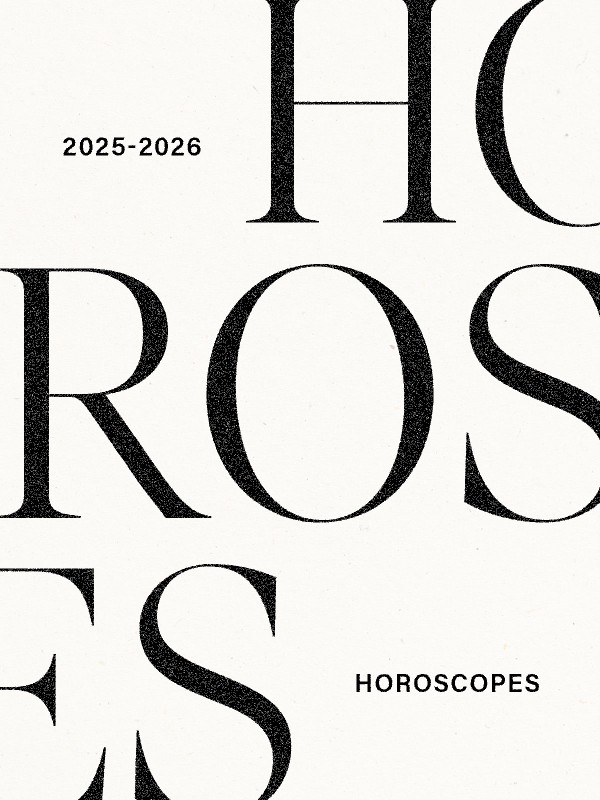The Relationship Between Mums & Their Sons
The mother-son relationship is a longstanding joke within the female community. They’ve made countless films about it. In fact, there was a whole series of Buzzfeed articles in which long-suffering girlfriends and wives revealed the poor – and downright nasty – choices their mothers-in-law have made for the sake of their precious sons. And we’re likely each have a story to tell – if not about our boyfriend’s mothers (although surely everyone has at least one), then about a brother or a male friend. And it’s not in our imagination – a survey of 2,500 mums showed mothers are more critical of their daughters than their sons, and admit to having a having stronger bond with their ‘little’ boys. Almost 90% of mums admitted they treat their sons differently to their daughters, and twice as likely to criticise their daughters than their sons.
So, what’s the deal with that too-close relationship between mother and son? Dr Deanna Brann, who specialised in the tense relationships between mother-and daughters-in-law, says it all comes down to influence: “Although mothers are on a continuum with regard to their behaviours and degrees of behaviour, in general the biggest struggle a mother has is giving up the influence she has with her son. If you think about it, for years – since the birth of her son – a mother has so much influence over her child (as would be expected) and this influence is something that a mother believes will always be there. Well, more accurately it is something the mother doesn’t really think about as it has always been there, and so it is just accepted as part of her role as a mum.”
But that is something that changes once men have met the other most important woman in their life: “When a son marries, his wife often believes that she is entitled, as his wife, to be the most influential person in her husband’s life. When both mother and wife believe that they should be or are the most influential person in the man’s life, that’s when the issues begin. The feeling of ‘threatened’ is really the struggle. The mother needs to let go of her influence, but also know that she has a place with her son. A secondary place, but a place nonetheless.” Relate counsellor Denise Knowles also adds that mums are often thinking about the future – they want to be protected, rather than just act as protector. “There could be all sorts of evolutionary stuff going on here – perhaps actually, we need our men to protect us. I know that that’s a very anti-feminist type way of thinking, but there’s that kind of sense that we want our boys to grow up strong and healthy so that they’ll be there for us.”
Why don’t women have the same relationship with daughters? Well, that’s not strictly true, says Dr Brann, but the bottom line is, fundamentally, men and women aren’t the same. “Mothers need to understand that being male is not the same as being female. The way males look at situations, handle situations; what they need to grow into their own is different, as males needs are different. Also, males view relationships differently from the way women view relationships so a son may feel close to his mother, but not feel the need to have as much as contact as the mother would like.” But, she adds, daughters can also become too close to their mothers, which will affect their emotional growth.
What are the signs a mother has an unhealthy relationship with her son? Denise says it’s recognising what’s important and what’s just trivial. “If the mother is interfering all the time, and if the son is kind of kowtowing down to it and giving in, dropping everything the moment the mum says there’s something that she needs, then there’s not been a healthy boundary put between them.” Dr Brann concurs that it is an issue of boundaries, whether that’s dropping by announced, disregarding his wishes about something, or criticising his parenting practices or choice of partner. Therefore, setting boundaries with the mother is important. As with all relationships, the key to resolving this issue is in the communication. Having a positive conversation about what are the changes that need to be made and why these are important to you is a good start – but stay firm in your position. “When one has a mother who totally disregards any boundaries that they do set, it’s best to state your boundary with her, but also give a consequence if she cannot/will not respect your boundary.” And, of course, Denise says that you can always try a counselling service like Relate, which will help you and your partner work through these issues – and you can bring mum along too, if she’s up for it.
And if you can’t break through into that impenetrable fortress that is the relationship between a mother and her son? Look on the bright side – it’ll probably make a great story one day.
DISCLAIMER: We endeavour to always credit the correct original source of every image we use. If you think a credit may be incorrect, please contact us at info@sheerluxe.com.






